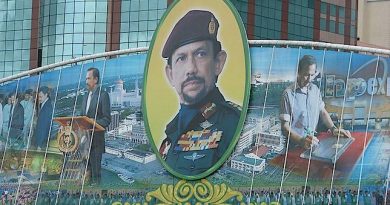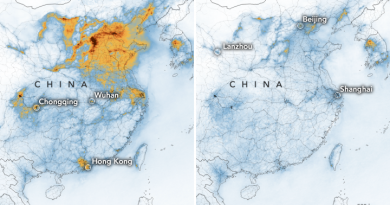FOCUS on Public Diplomacy Conflicts – Canada and India
Kaila Engle
Staff Writer
In October 2023, India asked Canada to withdraw all but 21 of the diplomatic representatives they had located in India. To enforce this withdrawal and reduction of staff, India threatened to remove the immunity rights of all but the 21 specified Canadian Diplomats located in India by October 20, 2023. Canadian Foreign Minister Melanie Joy reported to BBC News that this reduction “will put a pause on in-person operations in Bangalore, Mumbai, and Chandigarh” and that India’s threat to remove diplomatic immunity is a ” violation of international law.” Joy also expressed that Canada will not reciprocate similar actions, and all Indian diplomats are welcome to stay or visit Canada. Joy also mentioned to BBC News in her interview that “if we allow the norm of diplomatic immunity to be broken, no diplomats anywhere on the planet would be safe.”
The threat of removing diplomatic immunity questions the foundations of the Vienna Convention of 1969, which is the foundational framework for the creation, dissolution, and maintenance of international treaties and diplomatic relations. The Vienna Convention established the concept of diplomatic immunity, which the Indian government is challenging. The United Nations refers to diplomatic immunity as the freedom for diplomats to go on “missions to act without fear of coercion or harassment through enforcement of local laws” of both civil and criminal jurisdictions “and to communicate securely with their sending Governments.”
To undermine this immunity means threatening the sovereignty, security, and safety of diplomats, as well as the security and strength of the Vienna Convention. If one nation decides to not follow the immunity rule, others may follow suit, and international law is as enforceable as the nations that abide by its rules. Setting the precedent that it is acceptable to not follow the rules established can result in poor global cooperation and pose a major challenge for future diplomatic relations and solutions.
The actions of the Indian government were done in response to Canadian Prime Minister Justin Trudeau’s claim that the Indian government had a role in the death of Hardeep Singh Nijjar. The Associated Press reports that Nijjar was the Shik leader in Canada and was an advocate for the creation of a separatist homeland for the Shiks in India called Khalistan. Nijjar was determined to be a terrorist by the Indian government in 2020. In September of 2023, Trudeau told the Indian Prime Minister, Narendra Modi, that Canadian Intelligence had credible allegations regarding the involvement of the Indian government in orchestrating Nijarr’s death. CBC reports Trudeau stating that “any involvement of a foreign government in the killing of a Canadian citizen on Canadian soil is an unacceptable violation of our sovereignty.” The Indian government had denied any involvement in the death of Nijarr. Still, a month after the allegations became public, the government moved to reduce the number of Canadian diplomats allowed in India and threatened to invalidate diplomatic immunity.
In regards to the motivations behind the forced withdrawal, the Indian government released a statement to CBC reporters that “the state of our bilateral relations, the much higher number of Canadian diplomats in India, and their continued interference in our internal affairs warrant a parity in mutual diplomatic presence in New Delhi and Ottawa.” Here, they claim that the reduction was evoked to maintain equal power and strength in diplomatic relations and is consistent with the norms established by the Vienna Convention. The Indian government also reported to CBC reporters in their statement that they “reject any attempt to portray the implementation of parity as a violation of international norms.”
Whether these were India’s true intentions or if the act was retaliation against Trudeau’s allegation or an attempt to restrict Canada’s resources to further investigate the Indian government’s involvement in Najiir’s death is speculation. Regardless, the action of threatening to remove diplomatic immunity has the potential to set the precedent that the standards of the Vienna Convention are optional and that the rights it has established are a selective tool instead of a universal law.
The United Kingdom and The United States have spoken out in favor of Canada and have publicly criticized the Indian government’s actions. The Times of India has reported the U.S. State Department urged India to cooperate with the Canadian investigation and not work to further reduce Canadian diplomatic presence. The State Department explicitly mentioned, “we expect India to uphold its obligations under the 1961 Vienna Convention on Diplomatic Relations, including respect to privileges and immunities enjoyed by accredited members of Canada’s diplomatic mission.”
Image courtesy of Getty Images


